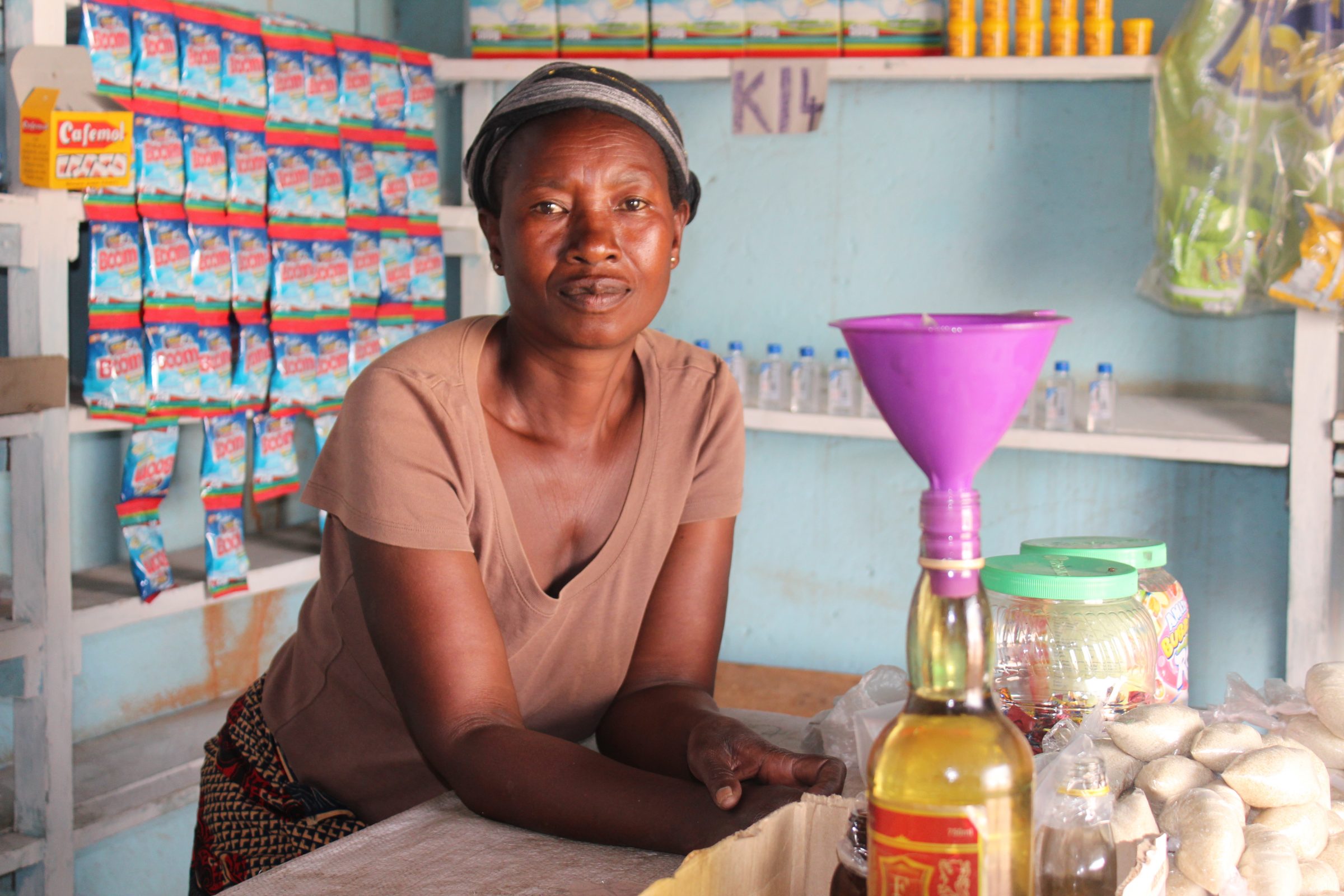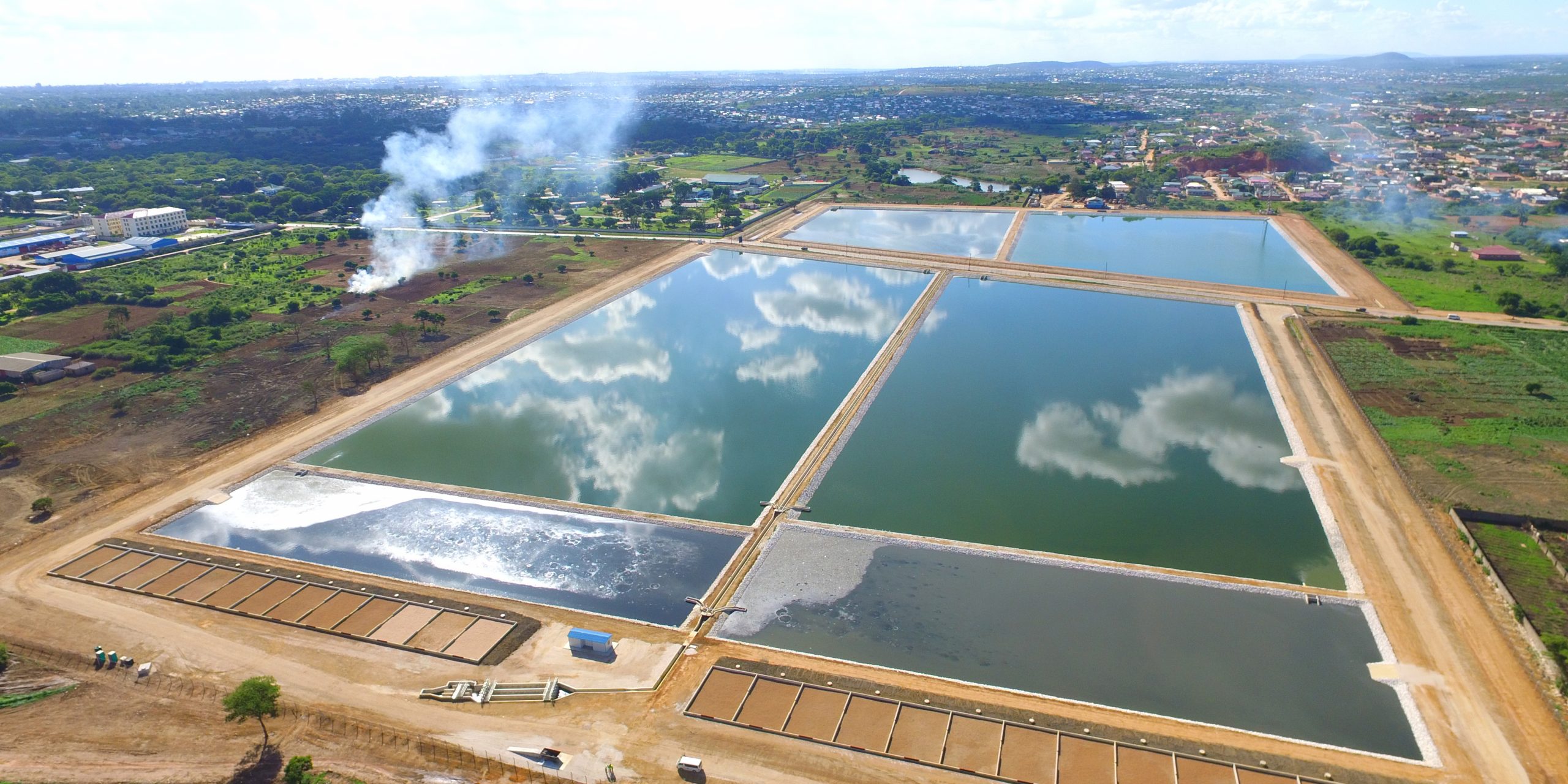-
Closeout Feature Page
Set Up for Success

MCC’s Compact with Zambia invested in critical infrastructure improvements and drove institutional reforms in the capital city of Lusaka to increase residents’ access to water, sanitation and drainage services—improving health and encouraging economic growth.
-
Star Report
Zambia Compact

Read MCC’s Star Report: Zambia Compact for a comprehensive look at MCC’s $332 million investment focused on intensive rehabilitation of Zambia’s water supply and sewage and drainage systems. The compact fundamentally transformed Zambia’s water sector.
Zambia Compact
The Zambia Compact's end date was November 15, 2018. The compact is now closed.

